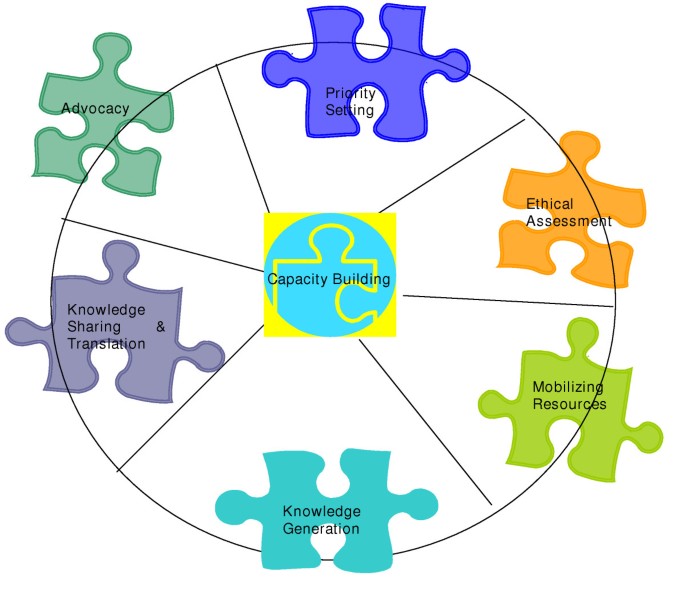Suraksha Nepal is committed to addressing a wide range of social issues affecting vulnerable groups such as women, youth, children, the poor, and marginalized communities. Through strategic interventions and multi-sectoral approaches, Suraksha Nepal tackles issues such as discrimination, violence, exploitation, education, livelihood, natural resource management, health, sanitation, disaster risk management, and peacebuilding. Let’s explore how Suraksha Nepal addresses these issues to promote safety, well-being, and resilience within communities.
- Women, Youth, and Children: Suraksha Nepal prioritizes the empowerment and protection of women, youth, and children. The organization implements initiatives to combat discrimination, violence, and exploitation against these vulnerable groups. Through advocacy, awareness-raising campaigns, and support services, Suraksha Nepal promotes gender equality, youth participation, and child rights, ensuring that women, youth, and children have equal opportunities to thrive and contribute to their communities.
- Education and Literacy: Recognizing the importance of education in breaking the cycle of poverty and empowering individuals, Suraksha Nepal invests in education and literacy programs. The organization works to increase access to quality education, improve school infrastructure, train teachers, and provide scholarships to disadvantaged students. By promoting literacy and lifelong learning, Suraksha Nepal equips individuals with the knowledge and skills needed to build better futures for themselves and their communities.
- Livelihood and Income Generation: Suraksha Nepal supports livelihood and income generation initiatives, particularly for vulnerable populations. Through vocational training programs, entrepreneurship development, and microfinance schemes, the organization empowers individuals to create sustainable livelihoods and escape the cycle of poverty. By promoting economic opportunities and fostering entrepreneurship, Suraksha Nepal enhances household incomes and improves livelihood security.
- Natural Resource Management and Climate Change: Suraksha Nepal recognizes the importance of environmental sustainability and climate resilience. The organization implements projects focused on natural resource management, reforestation, watershed management, and climate change adaptation. By engaging communities in conservation efforts, promoting sustainable agricultural practices, and raising awareness about climate change impacts, Suraksha Nepal contributes to environmental protection and resilience building.
- Health and Sanitation: Suraksha Nepal addresses health and sanitation challenges by promoting access to healthcare services, clean water, and sanitation facilities. The organization conducts awareness campaigns on HIV/AIDS prevention, malaria control, and other communicable and non-communicable diseases. Suraksha Nepal also implements water, sanitation, and hygiene (WASH) projects to improve access to safe drinking water and sanitation facilities in communities.
- Disaster Risk Management and Emergency Response: Suraksha Nepal plays a crucial role in disaster risk management and emergency response, including the COVID-19 pandemic. The organization provides early warning systems, conducts risk assessments, and trains communities in disaster preparedness and response. During emergencies, Suraksha Nepal delivers life-saving assistance, including food, shelter, and medical aid, and supports communities in recovery and rebuilding efforts.
- Information, Education, and Communication (IEC): Suraksha Nepal utilizes various communication channels, including street plays, songs, video documentaries, and research studies, to disseminate information and raise awareness about key social issues. Through IEC campaigns, Suraksha Nepal educates communities on their rights, available services, and preventive measures, empowering them to make informed decisions and take proactive steps to improve their lives.
- Safer Migration and Conflict Resolution: Suraksha Nepal addresses the challenges associated with migration by providing information, counseling, and support services to migrants and their families. The organization also promotes conflict resolution and peacebuilding initiatives, facilitating dialogue, reconciliation, and community cohesion. By promoting safer migration practices and fostering peaceful coexistence, Suraksha Nepal contributes to social harmony and stability.
- Solid Waste Management and Tourism: Suraksha Nepal promotes environmental conservation and sustainable tourism practices by implementing solid waste management projects and promoting eco-friendly tourism initiatives. The organization works with communities, businesses, and local authorities to reduce waste generation, promote recycling and waste segregation, and enhance cleanliness and sanitation in tourist destinations.
- Alternative Energy and Media Mobilization: Suraksha Nepal promotes the adoption of alternative energy technologies, such as solar power and biogas, to reduce reliance on traditional fuels and mitigate environmental degradation. Additionally, the organization leverages online and print media platforms to mobilize public support, raise awareness, and advocate for policy change on key social issues, amplifying voices and catalyzing positive change within communities.
Conclusion: Suraksha Nepal’s holistic approach to addressing key social issues reflects its commitment to promoting safety, well-being, and resilience within communities. Through targeted interventions, strategic partnerships, and community-led initiatives, Suraksha Nepal empowers vulnerable populations, strengthens social cohesion, and contributes to sustainable development. By addressing root causes and building local capacity, Suraksha Nepal creates lasting impact and fosters positive change in the lives of those it serves.
